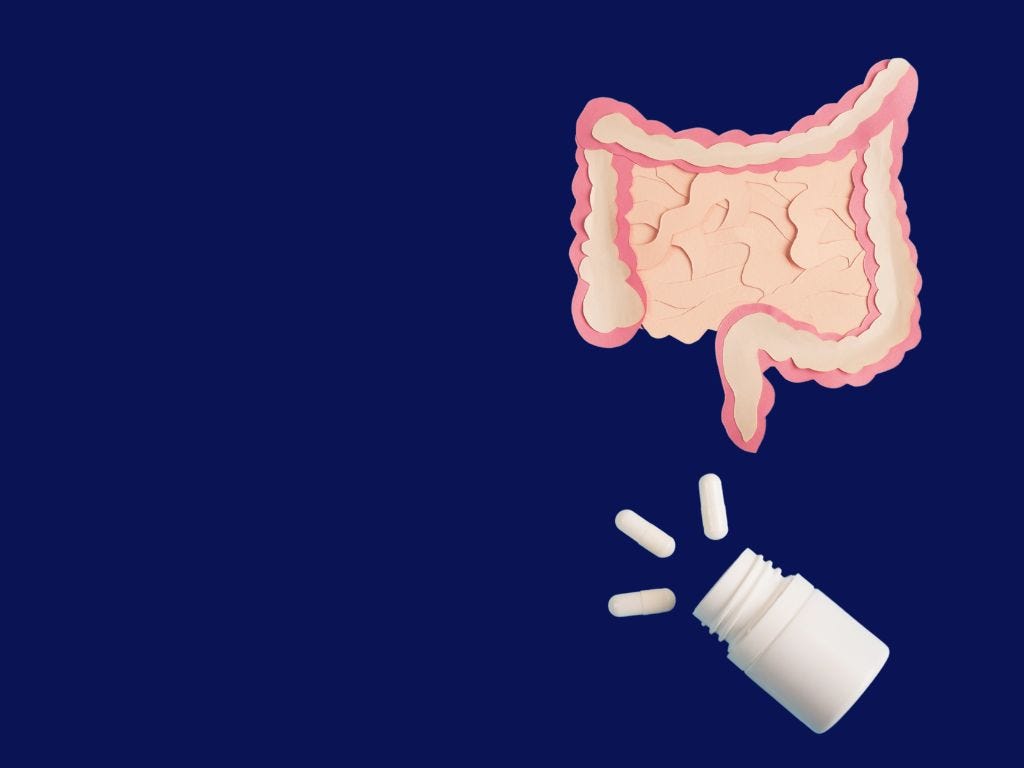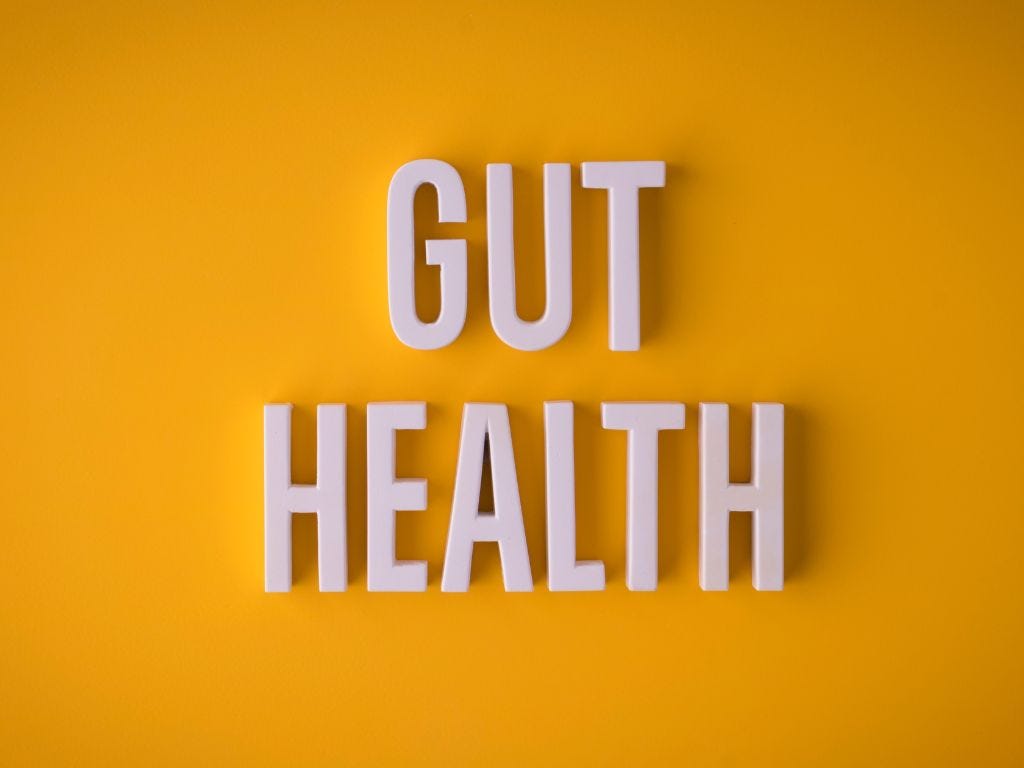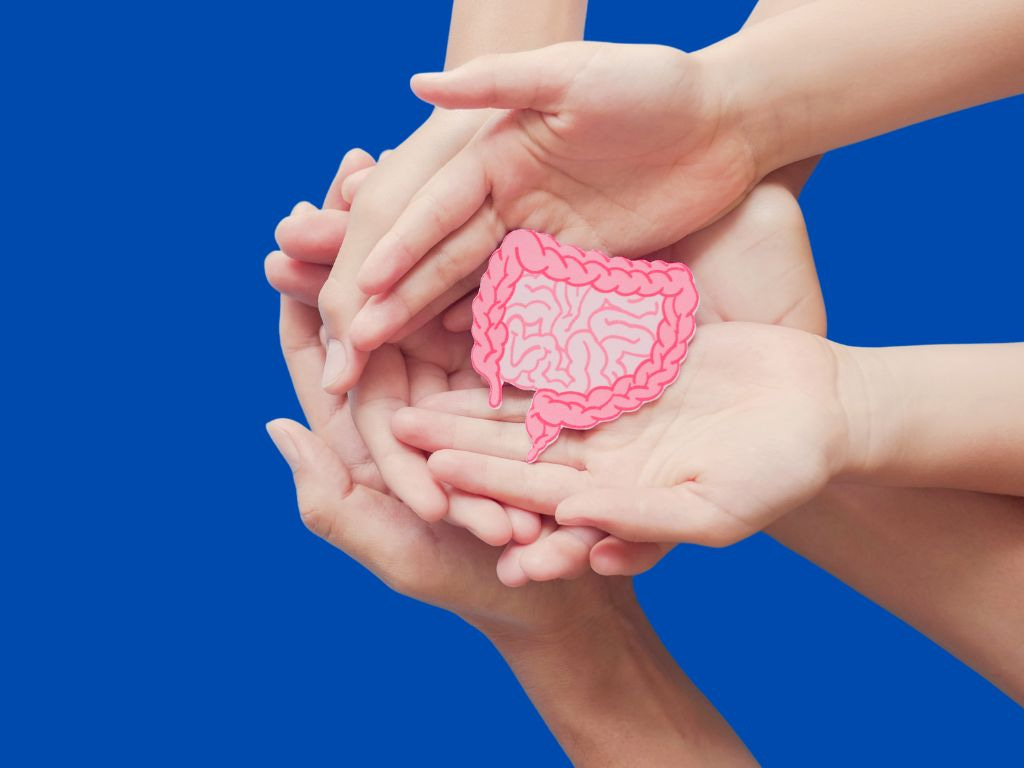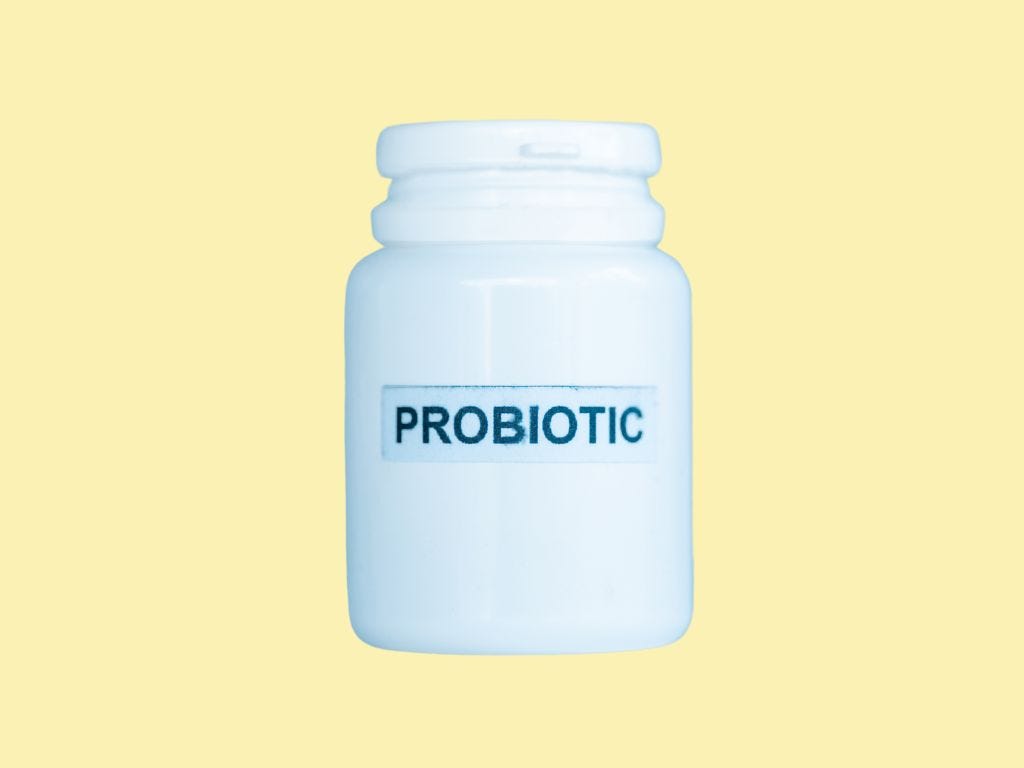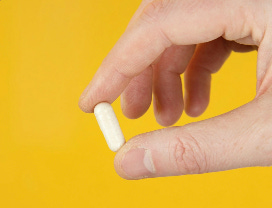Should You Be Taking Probiotics For Your Brain?
A guest post by Dr. Emily Leeming of Second Brain
Hello, everyone. Welcome to the second post in our gut microbiome mini-series. In case you missed it, part one was about the recent finding that people living with Alzheimer’s have a typical gut microbiome profile. In other words, Does Alzheimer’s Begin In the Gut?
For today’s newsletter, I am overjoyed to introduce you to guest author Dr. Emily Leeming, a dietitian, micriobiome scientist, and former chef. I became a huge fan of Dr. Emily’s work when I discovered her book Genius Gut: The Life-Changing Science of Eating for Your Second Brain. Then, when I read her delightful, science- and recipe-packed Substack , I couldn’t wait to have her over to BHK to share her gut-brain-axis knowledge.
BOOK GIVEAWAY!
I am excited to be giving away a copy of Emily’s book Genius Gut. Paying subscribers—find instructions to enter at end of this post.
25% OFF SECOND BRAIN SUBSCRIPTIONS
Emily is offering BHK subsribers a special rate. Sign up for her Substack
Without further ado, please welcome Dr. Emily Leeming!
Hi there, I’m Emily. I’m a registered dietitian, microbiome scientist at King’s College London, and the author of Genius Gut.
I write Second Brain, where 38k subscribers get weekly actionable advice on what to eat for better energy, focus, and mood through your gut-brain connection.
I’m so grateful to be landing in your inbox today, thanks to the brilliant Annie, to talk about a topic that comes up often in my work - probiotics.
Annie’s Brain Health Kitchen was one of the very, very, first substacks I subscribed to when I first joined two years back. She combines top-tier evidence with simple, practical advice, made even better with her delicious recipes - a powerful, but rare, combination. And to boot, she’s also a lovely person!
I’m thrilled that Annie will be guest posting on Second Brain later this week, on her brain health food pyramid.
What we’ll cover today:
What are probiotics and do you need them?
How to choose a probiotic
Free PDF guide: Download your Probiotic Checklist (scroll to the end).
What are probiotics?
‘Live microorganisms that, when administered in adequate amounts, confer a health benefit on the host.’
A probiotic has three key features:
It’s a live microbe (like bacteria or yeast).
It survives your digestive system and reaches your gut alive.
It provides a proven health benefit when taken in the right amounts.
Probiotics tend to be supplements that can act very differently for your health, depending on the type of bacteria or yeast they contain.
Fermented foods with live microbes aren't usually classified as probiotics because the specific strain and amounts needed to qualify are often unknown.
Think of probiotics like helpful visitors to your gut. They don’t stay forever, but during their short stay, they interact with your resident microbes and provide support.
Do you need a probiotic?
You might be wondering - Do I really need probiotics for better health?
The short answer is no.
Probiotics aren't necessary for general health. Eating a balanced diet with plenty of fibre and a variety of whole foods is the best way to support your overall well-being.
Probiotics may help with certain health issues, but their benefits depend on the type and dose of bacteria or yeast, and if they’ve been shown to have a specific benefit in human clinical trials.
So, unless you're targeting a specific health problem and have guidance on which probiotics to use, focusing on a healthy, diverse diet is your best bet.
Probiotics for your gut-brain connection
When it comes to your gut-brain connection though, there are some positive early signals that certain types of probiotics may help:
Bifidobacterium longum BB68S (5 billion CFUs daily) may help cognitive performance in older adults
Lactobacillus plantarum JYLP-326 (15 billion CFUs daily) may help ease anxiety
Bifidobacterium bifidum R0071 (3 billion CFUs daily) may ease stress and stress-related gut symptoms.
The field of probiotics is still in its early stages, and most, especially those in the gut-brain area, have only one human randomised controlled trial at most to support them - so more research is needed.
PSA: The wild west of probiotics
The problem is that choosing the right probiotic for you and your needs isn’t easy.
The probiotic industry is a bit of the Wild West, with companies eager to sell you pills, powders, and potions, but the science isn’t always as solid as the marketing.
For a healthy gut microbiome, what matters more than any probiotic supplement is what you eat. So don’t feel like you have to fork out on probiotics - that budget could be spent on helping to make healthy eating easier instead (start with my 8 Weeks to a Thriving Gut series).
If you do want to try a probiotic, check the US and UK Probiotic Guide that can help you decide which probiotic is best for you.
I suggest trying a probiotic for 8-10 weeks (check with your doctor first). If you don’t feel any different, you don’t have to keep taking it.
Probiotic checklist
Before choosing a probiotic, use this checklist to guide your decision:
1. Full strain name
Look for the full genus, species, and strain (e.g. Lactobacillus rhamnosus GG). This tells you exactly what it is and what it can do.
2. CFU count
Check that the probiotic contains billions of live microbes (CFUs).
Make sure the label guarantees the CFU count at the end of shelf life.
3. Proven benefits
Look for scientific studies supporting the benefits of the specific strain.
Always check the product’s website or trusted scientific databases like PubMed.
4. Expiry and storage
Make sure the label includes:
- An expiry date that guarantees live microbes until that date.
- Proper storage instructions to keep them effective (e.g. refrigeration).
5. Consult your doctor
If you’re taking medication, are pregnant, have health conditions, or are unsure, always consult your doctor before trying new supplements.
Second Brain Probiotic Checklist
If shopping for probiotics, keep this checklist handy. Subscribers to Second Brain get plenty of other helpful PDF cheatsheets.
A big thank you to Annie for having me!
If you’ve found this helpful, come say hi over at Second Brain, a weekly newsletter and community with 38k readers getting actionable advice on what to eat for better energy, focus, and mood.
I’d love to see you there.
Wishing you (and your gut microbes) all the best,
Dr Emily xx







